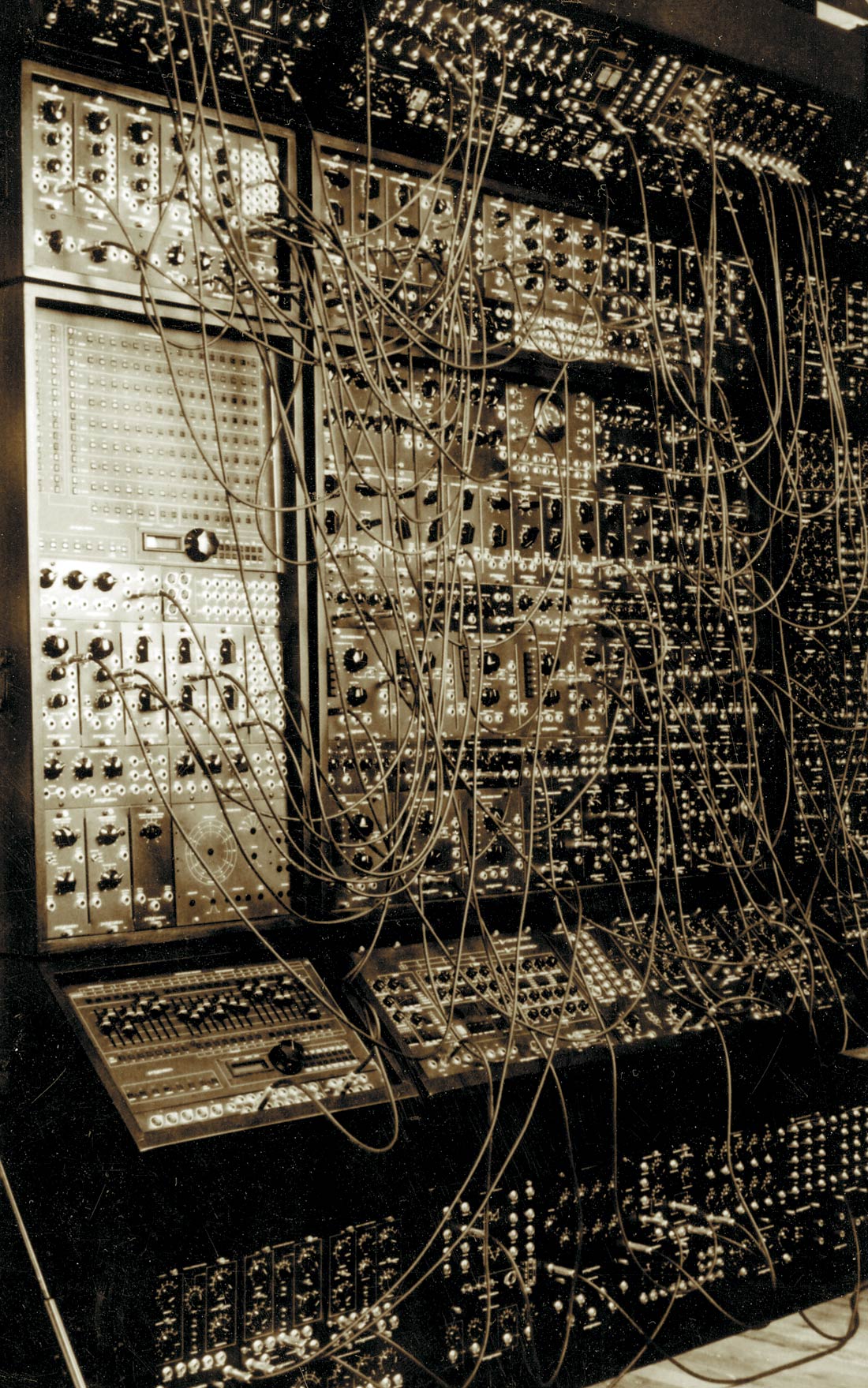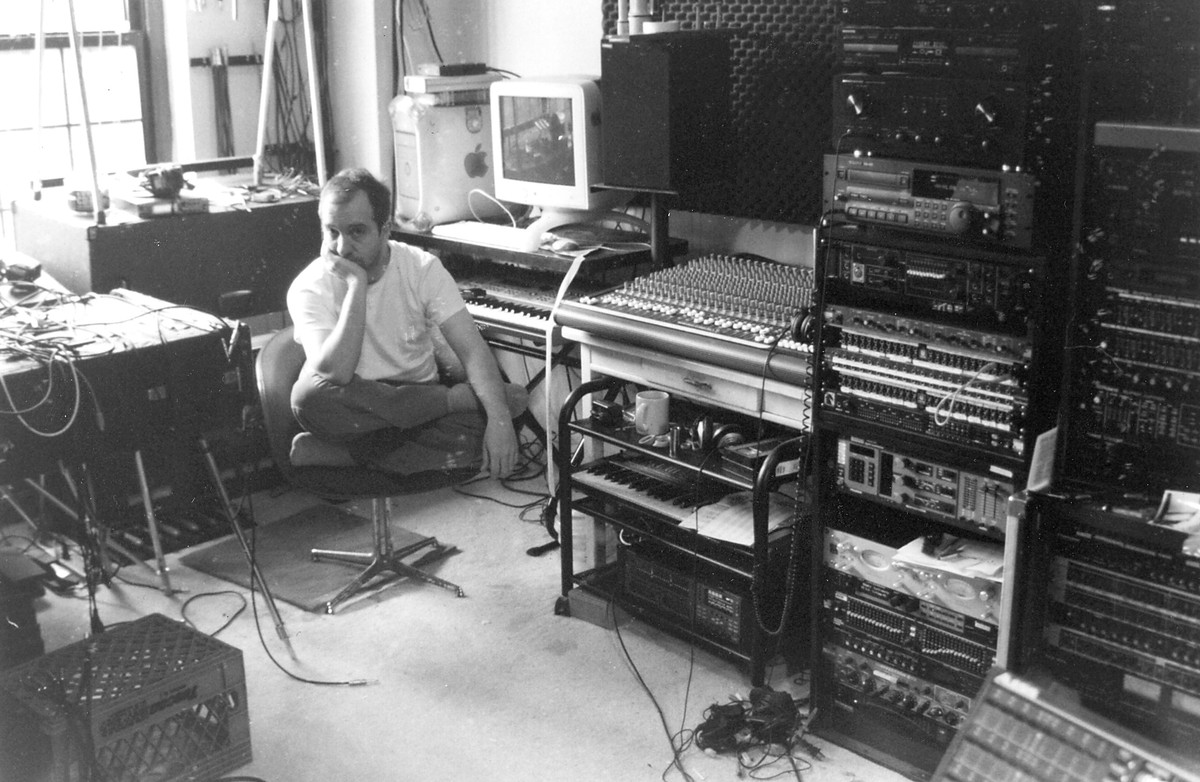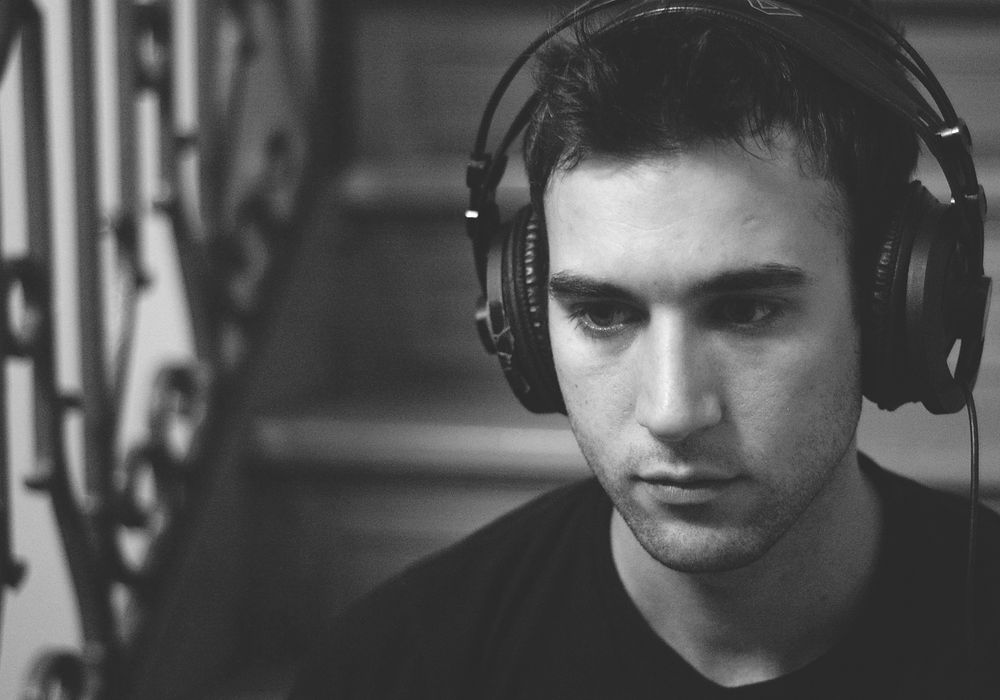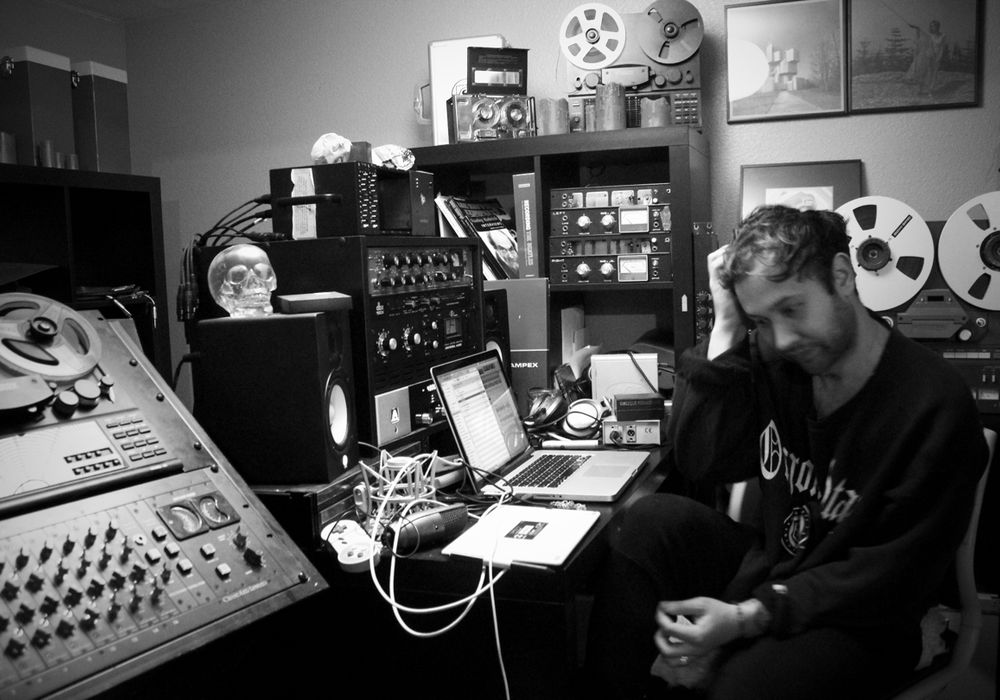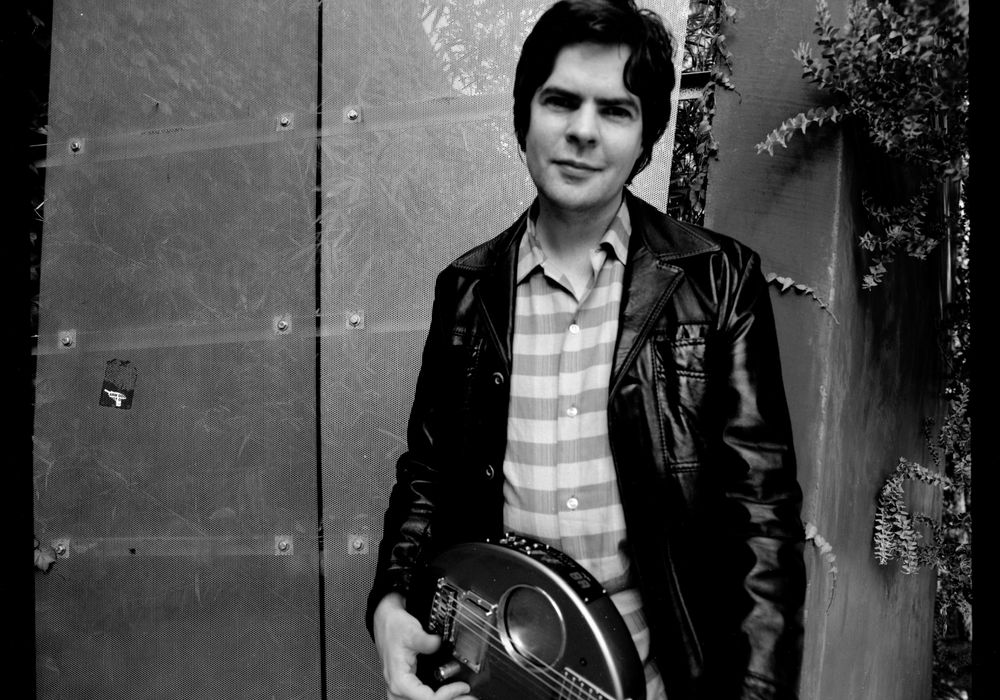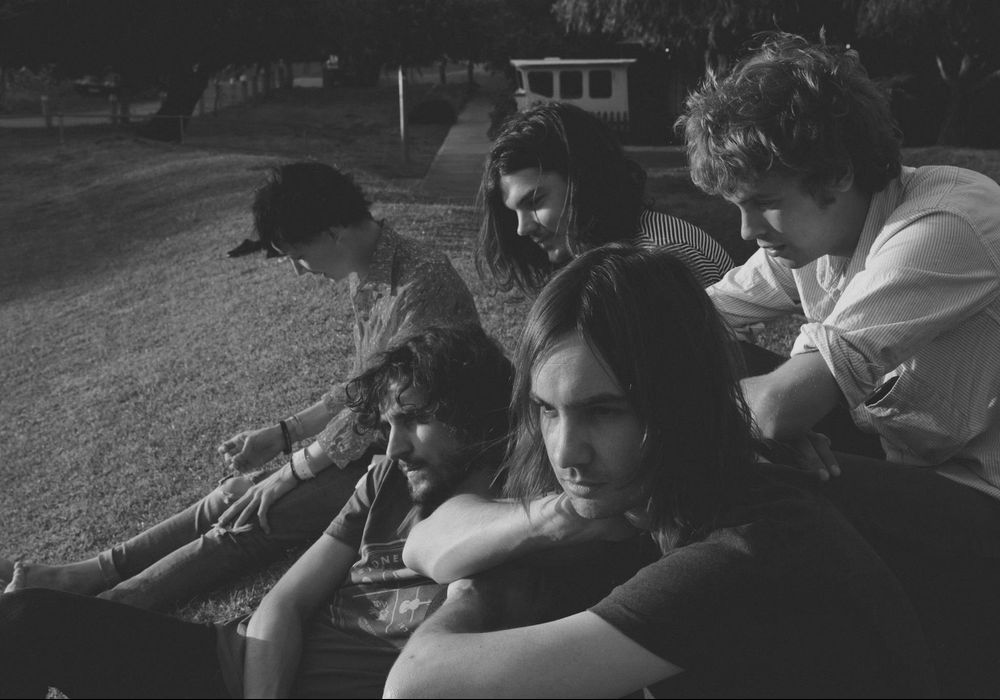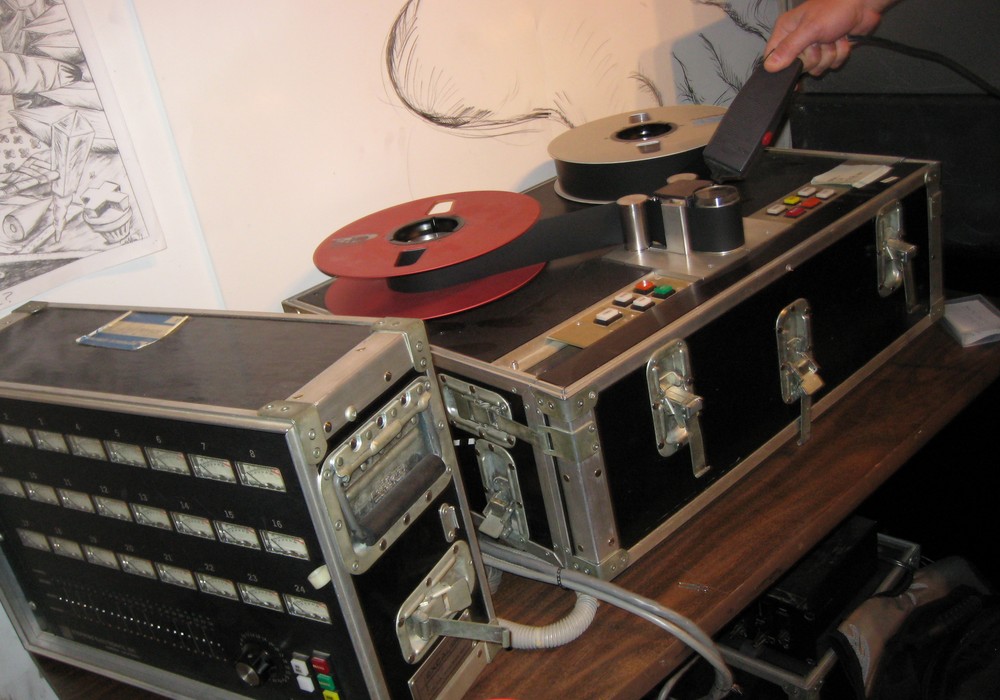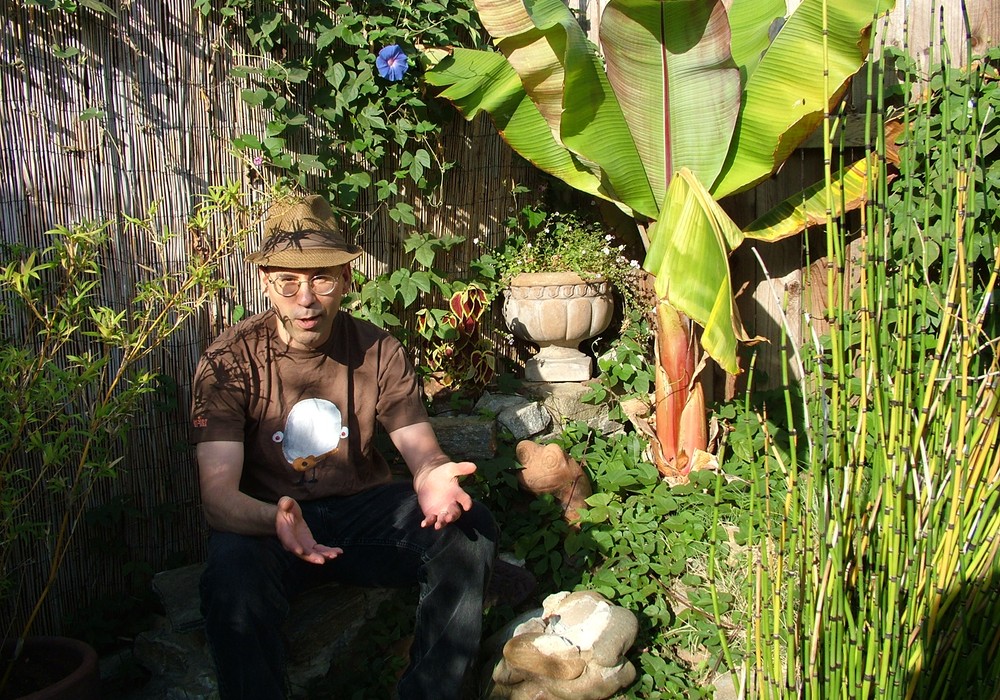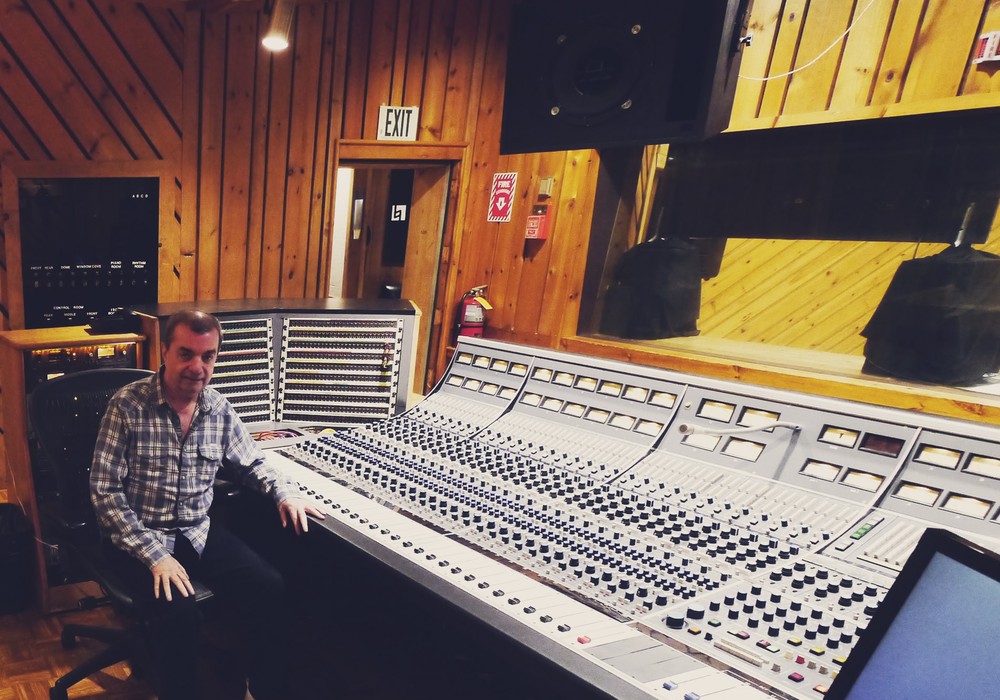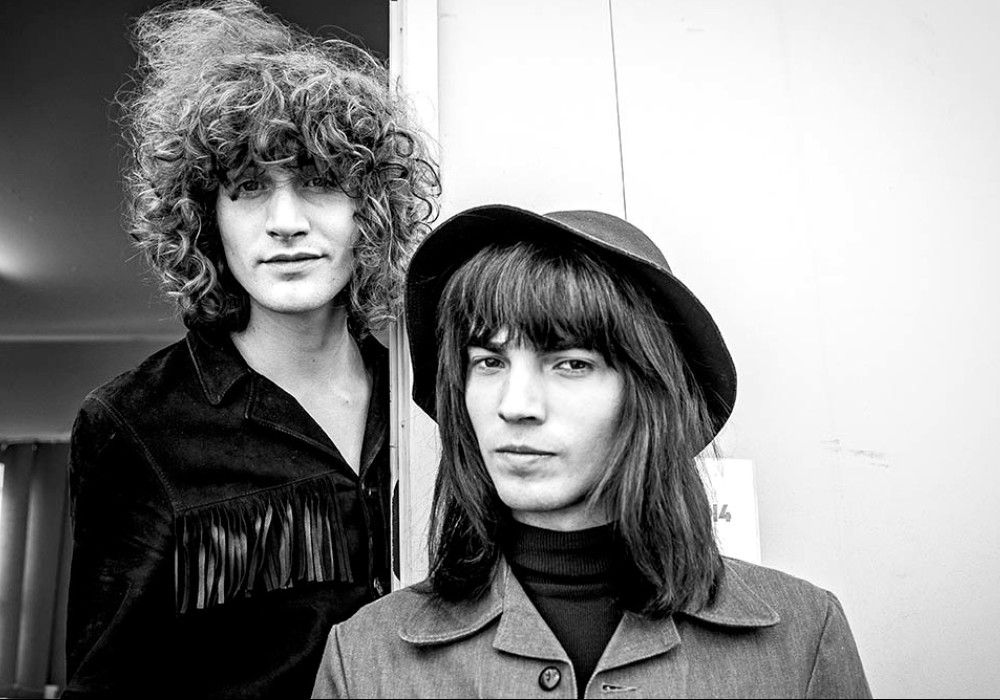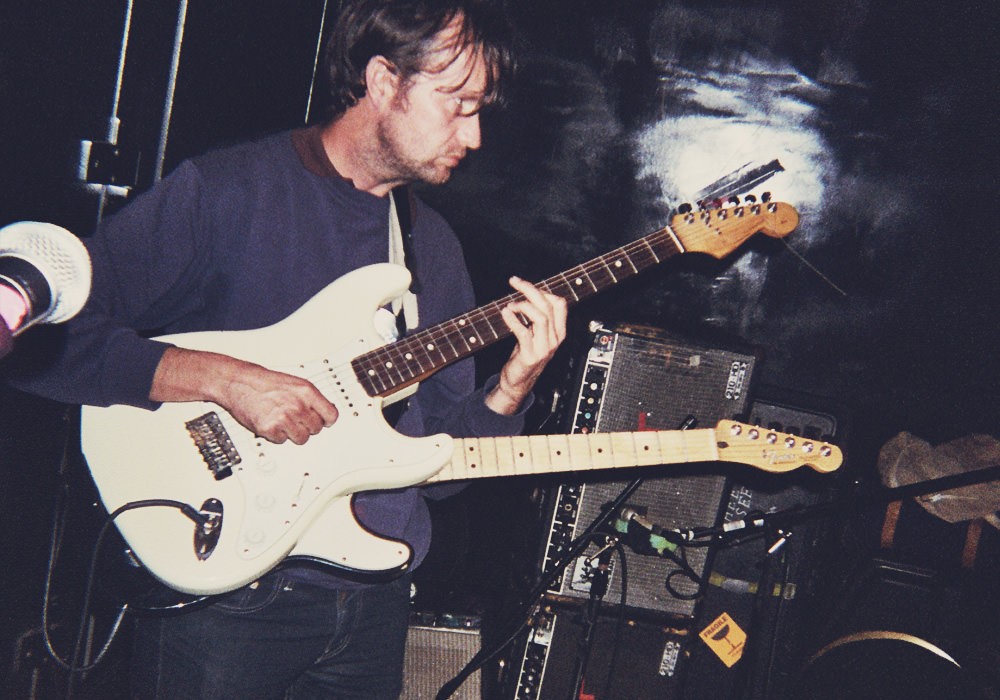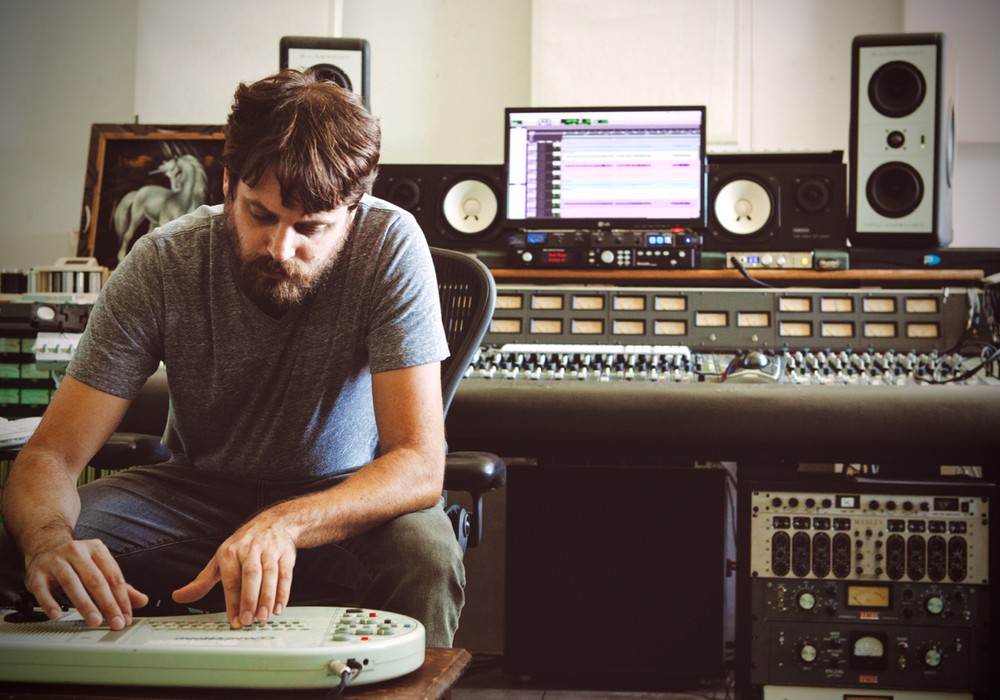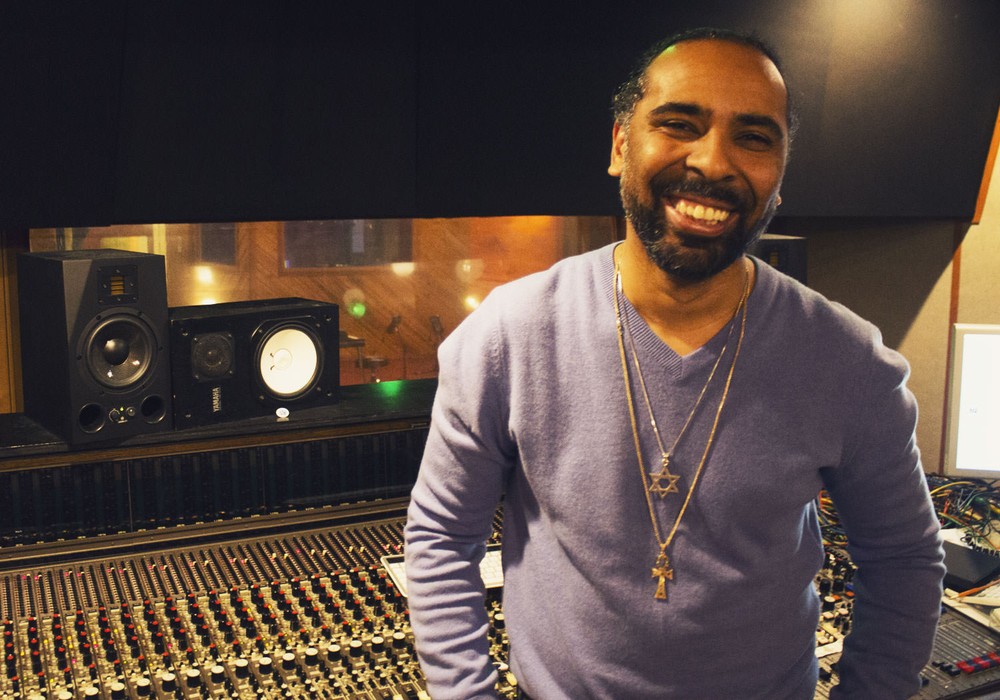Stephin Merritt is the mastermind behind the music of The Magnetic Fields, the 6ths, the Gothic Archies and Future Bible Heroes. He is also one of the most important and influential songwriters in recent history. His lyrical confidence is apparent, strolling with ease from pop to cabaret to jazz to dance to electronica. Mr. Merritt garnered much press with his most recent Magnetic Fields triple-CD box set 69 Love Songs. It was hailed as one of the best collections of songs in years by critics and fans alike, landing him on the cover of the Village Voice and a spread in the New York Times magazine.
But it's more than just 69 Love Songs that makes Stephin Merritt an icon. His unique song crafting abilities combine wit, intellect and skills that are second to none. While the songs tend to get written in bars, the music itself is produced and recorded in his home in New York City. I was lucky enough to work with him on the most recent Three Terrors performance (yet another of his side projects, featuring cohorts LD Beghtol and Dudley Klute) where I learned first hand of his amazing skill as a writer and arranger. I was honored to sit down with him (and his mighty chihuahua Irving) for a few hours and talk about the making of his records. He didn't whisper and reveal the secrets of his craft to me (which would have been nice) but we talked about everything — why he only uses Shure SM 57s and 58s, why his latest favorite sounding record is a bunch of elephants in the jungle and how the next Magnetic Fields record is going to be soft rock and sung in a California accent.
When did you decide that this was something you wanted to do in your house?
I've never decided to have a home studio — I gradually built one up. Without a recording studio my life would be very awkward. I also use outside studios for drums and such. Whenever I go to other people's studios I realize they don't have all these instruments! If I'm going to change one instrument's part I have to go home and get it.
Can you take me through what you have?
Well, this is a Mackie 24-channel board and this is an ADAT 24-track hard drive recorder, this is a Macintosh G4 for editing from the 24-channel hard drive recorder. And on top of the computer is the removable, easily transportable very large hard drive, I don't remember how much.
How did you come to these Camden speakers?
Everyone else seems to have the Yamaha NS10s, I think, which to me sound really tinny. But at this point I'm not really going to be mixing here anymore, not mixing alone anymore, because my hearing is shot. I recently had my right ear diagnosed with a significant amount of hearing loss around 8 kHz. Meniere's Syndrome, which causes buzzing in the ears, runs in my family. I can't even go out to amplified shows anymore because my left ear distorts. I have to go in for an MRI soon. I don't really like mixing very much so I'm not really disappointed.
What do you like about ADAT?
I like the remote control. The big remote controller, the BRC. It's a very convenient way of recording yourself. And when you're recording yourself you can't really have to cross the room every time you start and stop the tape. I know the ADAT BRC well, Claudia [Gonson, manager and collaborator] knows it well, and it's quiet and intuitive.
Do you ever get digital problems?
Ever? Yes. Not so far with this ADAT HD24. It's been very good. The manual is not really as thorough as I'd like it to be and the little hard drives are not as available as I'd want them to be. They record on IDE hard drives, which seems like a doomed format. I wouldn't necessarily recommend this as a long-term strategy. I imagine I'll be recording directly onto a computer in the next few years, which is how I started out. The first several Magnetic Fields albums were recorded onto a computer.
What are you using on your computer?
I've been using Digital Performer, the MIDI Sequencing software, since the mid '80s. What I like about it is the shallow learning curve. That's why I go with it rather than Pro Tools. I'm so tired of having to learn new technologies every two years. It's a huge waste of time for me. I'm not primarily a recording engineer, I'm primarily a songwriter. Even in song writing I don't like having to learn the new technologies once and a while. I started writing on my Palm Pilot with the keyboard adapter and it was ridiculous because I couldn't see the whole page at the same time. It's just as portable as a little notebook. And it can be uploaded into the computer without more typing. And it's easy to keep track of where things are. But the fact that you can't see the whole page at the same time makes it eventually useless for me.
A lot of this has to do with manipulation of sound. When you are recording a ukulele are there things that you tend to do to it? EQ it in a certain way? Add a certain reverb to it?
A solo ukulele? If I'm recording a ukulele that I want to sound like a pleasant ukulele I will take most of the very high end off because the ukulele tends to make unpleasant scraping sounds. And I'll use a felt pick, which takes off some of the more obnoxious brittleness. Keep the mic far enough from the ukulele so that it's not too focused. The ukulele is more or less one point of sound. It's not like a guitar where different parts of the instrument are making different...
